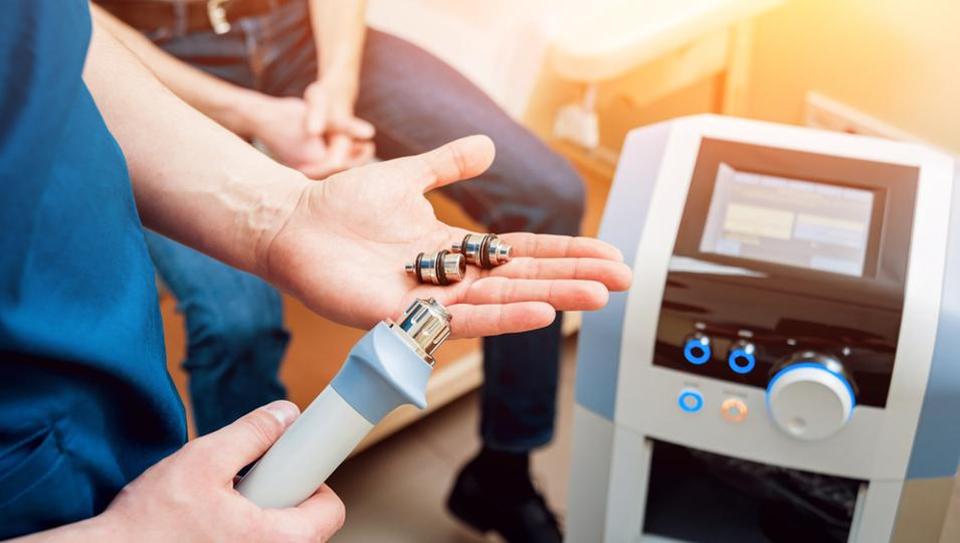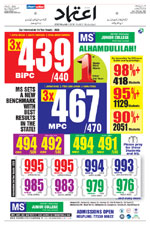Can 'electric shock' therapy for depression beat insomnia in oldies?
Wed 16 Aug 2017, 23:45:34

Washington D.C. : Older people receiving electric shock therapy, also known as electroconvulsive therapy (ECT), to combat the blues of age will need an additional treatment if insomnia is one of their symptoms, according to a recent study.
"What we can say is that ECT is a powerful antidepressant with a global effect that hits many of the different symptoms of depression but it does not have a specific anti-insomnia effect in older patients," said first author W. Vaughn McCall from the Augusta University.
"We need to be prepared to separately address the sleep problems in some patients," he recommended.
The team took a second look at a group of 240 patients age 60 and older who participated in a study looking at the benefits of the usual combination of ECT and the antidepressant venlafaxine for major depression.
Patients included in this second review also had insomnia problems categorized as high or low. High levels of insomnia include clinically significant problems with classic symptoms such as difficulty falling asleep and staying asleep, waking up too early and daytime sleepiness, all likely to impact quality of life.
They found in the high insomnia group, just over 12 percent of patients experienced remission of their insomnia over the course of the treatment. However, the percentage who got sleep aids also more than doubled across the course of the study - from 8.6 to 23.2 percent - because their insomnia problems persisted.
In fact, the degree of improvement they received in insomnia symptoms paralleled the improvements they saw in their non-insomnia symptoms of depression: There was essentially no anti-insomnia effect apart from the antidepressant effect.
"Our recommendation for ECT should not be based on this having a positive effect on your sleep," surmised McCall.
The researchers noted that venlafaxine - as well as many other effective modern antidepressants known as selective serotonin reuptake inhibitors - have been reported to actually cause sleep disturbances. In fact, there's evidence that the increased availability of serotonin these
drugs provide while good for depression may be bad for sleep, McCall said. While serotonin is involved in regulating the sleep/wake cycle, too much of it in the wrong location can be bad for sleep.
drugs provide while good for depression may be bad for sleep, McCall said. While serotonin is involved in regulating the sleep/wake cycle, too much of it in the wrong location can be bad for sleep.
"When you take these medications, they get everywhere in the brain and we know that if you promote serotonin in every direction in the brain, that is not good for sleep," McCall added.
Conversely, the first generation of antidepressants, called tricyclics, were well known for their ability to help patients get a good night's rest. While many also reduced the natural uptake of serotonin so more would be around longer for the brain to use, these drugs also list drowsiness as a leading side effect because of their antihistamine effect. In fact, antihistamines are a component of many over-the-counter sleep aides.
When these circa 1970s drugs began to be replaced by the selective serotonin reuptake inhibitors in the late 1980s, sleep essentially became the last symptom to get better. The difficult tradeoff of the older drugs was about a week's supply was sufficient for a lethal overdose, whereas the newer drugs, while they often list increased risk of suicidal thoughts as a side effect, are not themselves easy vehicles for committing suicide, he noted.
All of the above, and his interest in ECT as a therapeutic tool for some patients, made McCall wonder if an antidepressant therapy that was not a drug would impact sleep. "The question is: Is ECT more like the older drugs or is more like the newer drugs: Does it have a specific and inherent sleep-promoting effect? The answer appears to be no, at least in this older population.
ECT is used almost exclusively for depression in the United States and occasionally for mania and schizophrenia, McCall said. Therapy includes a short, controlled burst of electricity to the brain via electrodes placed on the scalp. The electricity alters brain chemistry, which helps some patients feel better within days. Patients receive an anaesthetic and muscle relaxer to help ensure safety and comfort.
The study appears in the Journal of Clinical Psychiatry.
No Comments For This Post, Be first to write a Comment.
Most viewed from Health
AIMIM News
Latest Urdu News
Most Viewed
May 26, 2020
Do you think Canada-India relations will improve under New PM Mark Carney?
Latest Videos View All
Like Us
Home
About Us
Advertise With Us
All Polls
Epaper Archives
Privacy Policy
Contact Us
Download Etemaad App
© 2025 Etemaad Daily News, All Rights Reserved.






























